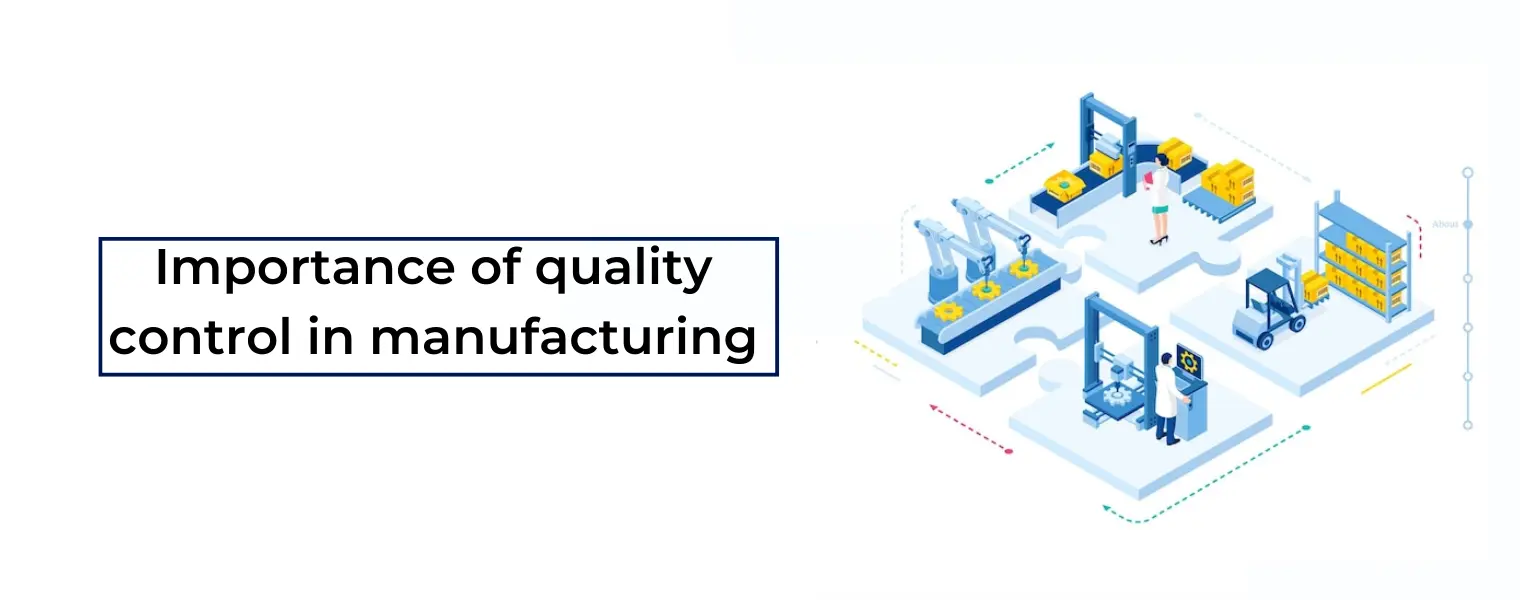
Quality is one of the most concerning issues for manufacturing executives. When quality control is on track, efficiency and cost are improved, and, let's face it, there are far fewer headaches. When things go wrong, however, quality issues can raise material and labour costs, jeopardise margins, and result in missed orders.
Manufacturing quality control is part of an overall quality management programme that ensures quality requirements are met. It entails inspecting and measuring products to ensure that they are in specification at the point of manufacture.
Consider quality control to be the ground game for quality assurance. While quality assurance provides the framework and protocols for a manufacturing process to perform tasks that deliver a product's quality requirements and ensure process confidence, quality control is the completion of the required tasks. These two activities work together to form a company's quality system.
Depending on the industry and product, there are various types of quality control. Materials inspection, in-process inspection, final inspection, and shipping inspection are examples of these.
Naturally, materials may require quality checks as they arrive from vendors. For industries such as food and pharmaceuticals, this inspection, also known as pre-production inspection, may include checking for an expiration date. It may also take the form of strength testing or checking parts before they enter production to ensure they meet weight and design specifications.
In-process inspection, also known as DUPRO (During Production Inspection), is used by almost all manufacturers. Visual checks, physical measurements for length or width, weight checks, colour checks, blend measurement, temperature, viscosity, and other methods may be used in this system. The idea behind DUPRO is to monitor and catch quality issues before or as they occur in order to reduce total quality fallout or allow for less expensive reworking.
The final inspection is where the quality technician measures the finished goods to ensure they were manufactured to specification. Many of the same checks used for in-process inspection may be included, and goods such as appliances or electronics may necessitate unit testing.
Real-time monitoring of quality measurement devices can enable the rapid deployment and correction of quality problems when they occur by automating many of the tasks that ensure quality. Many of these processes can be programmed for autonomous or semi-autonomous actions that result in lightning-fast responses using a smart manufacturing platform that leverages analytics and IoT. DoFort manufacturing ERP software deliver insights across the enterprise. With DoFort manufacturing ERP software manufacturing companies can close quality gaps and create predictable and repeatable quality every time. Contact us to know more about Manufacturing ERP Software.
Welcome to DoFort !